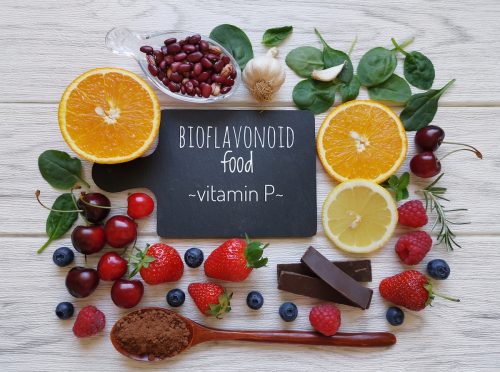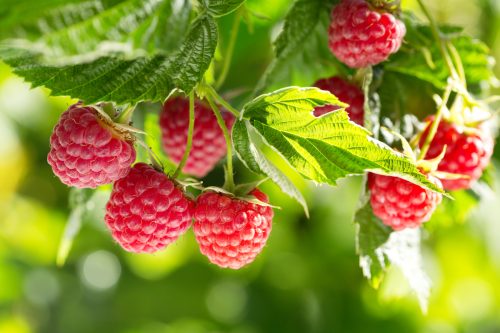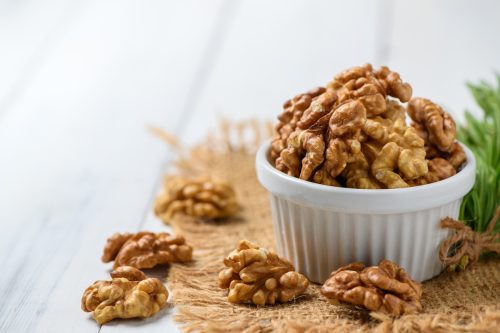
Sorry to break it to you: “50 is not the new 40,” said Dr. Jeremy Faust in this week’s Inside Medicine newsletter. As if to reinforce that point, the Telegraph reported that cognitive decline can begin as soon as age 45. But there are easy things you can do to protect and support your brain health. One is to ensure you’re getting plenty of flavonols in your diet. Read on to discover what they are and how to add them to your routine.
1
What Are Flavonols?

Flavonols are natural plant chemicals that are powerful antioxidants that can help protect cells from oxidative stress and damage. They are cytoprotective, meaning they protect cells. Some specific flavonols include quercetin, myricetin, kaempferol, and isorhamnetin; there are more than 5,000 varieties in plants. Flavonols are present in high amounts in apples, berries, cherries, leafy greens, onions, soybeans, and citrus fruits, according to the National Institutes of Health. Tea and wine are also good sources.
2
Low Flavonols Can Lead to Memory Loss

A November 2022 study published in Neurology found that people who consumed more flavonols faced a lower risk of cognitive decline. Researchers found that the cognitive score of people in the study who ate the most flavonols declined 0.4 units per decade more slowly than those who ate the fewest flavonols, CNN reported. “It’s exciting that our study shows making specific diet choices may lead to a slower rate of cognitive decline,” said study author Dr. Thomas Holland, an instructor in the Department of Internal Medicine at Rush University Medical Center in Chicago, in a statement. “Something as simple as eating more fruits and vegetables and drinking more tea is an easy way for people to take an active role in maintaining their brain health.”
3
Add Fruits and Vegetables

Berries are some of the best sources of flavonols. Adding raspberries or strawberries—either fresh or frozen—to a breakfast smoothie is an easy brain-booster. So is snacking on cherries, fresh, frozen, or dried. Kale, onions, lettuce, and tomatoes are good sources of flavonols. All four can make a tasty salad, the Telegraph suggests.
4
Drink Tea or Wine

One study from 2020 found that increasing tea consumption by just one cup a day lowered the risk of all-cause mortality by 1.5%. Red wine is also a good source of flavonols, but if you drink more than the recommended two glasses daily for men (and one for women), the health risks outweigh any benefits.
5
Add Walnuts to Your Diet

A 2015 study found that higher walnut consumption was linked to improved cognitive test scores, possibly because they contain a plant-based omega-3 called ALA. They can make a tasty snack or easy addition to a brain-boosting salad.














